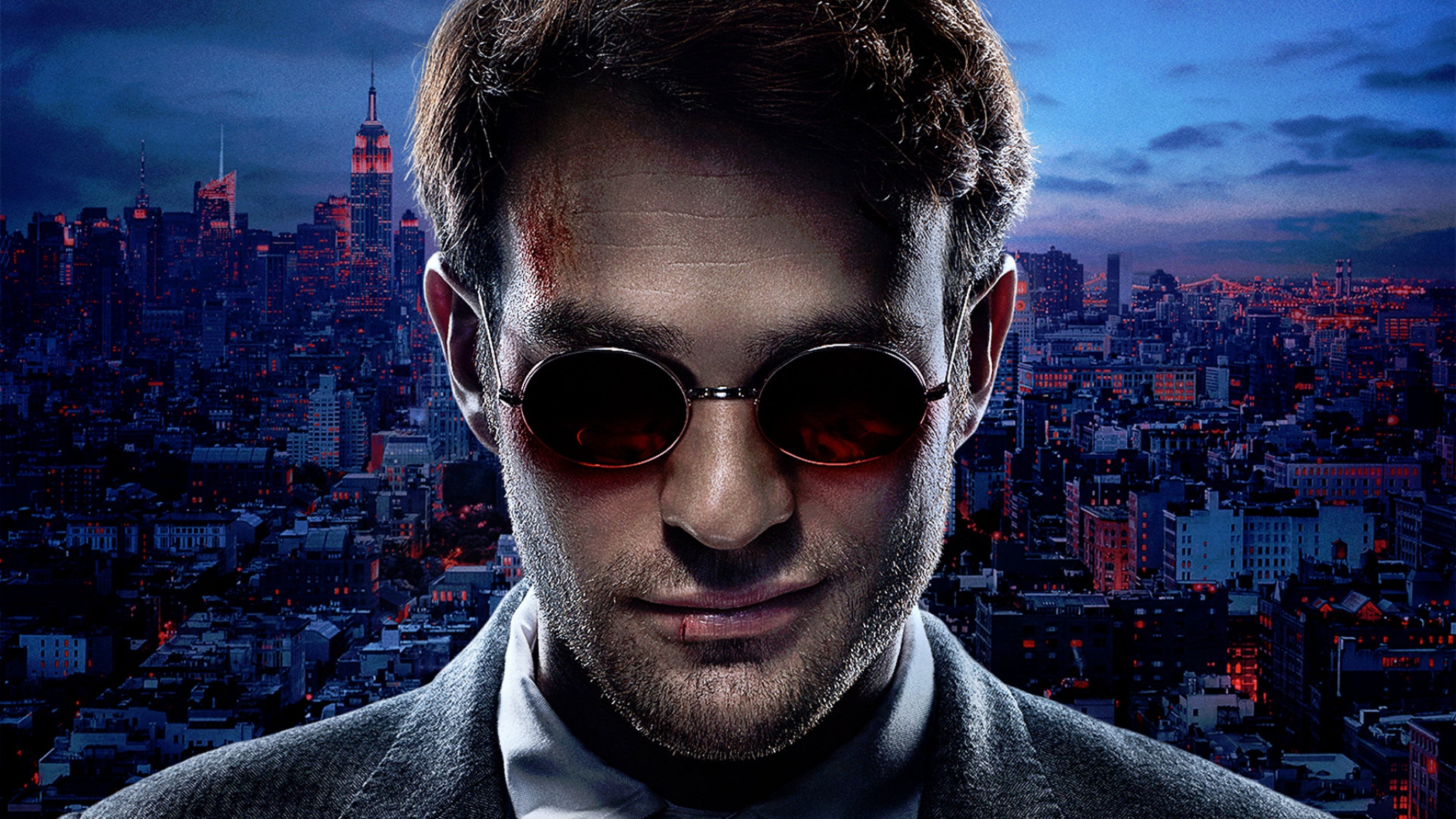Daredevil: Born Again is resetting production and releasing current writers in a major overhaul to Marvel’s approach to the television business. According to The Hollywood Reporter, lead writers Chris Ord and Matt Corman have been fired. This show, set to air on Disney Plus, is the successor to the original live-action series that debuted in 2015.
Evidently, Marvel Studios took time during the period of the 2023 WGA Strike as an opportunity to evaluate the current footage of the show. With feedback from Kevin Feige, the primary producer of the MCU, the series was failing to meet expectations.
Apparently, Ord and Corman crafted a legal procedural diverging from the action-oriented Netflix release. For example, Charlie Cox (Matt Murdock) did not wear his costume until the fourth episode, which led Marvel to completely rethink the initial concept, despite it already having been greenlit for production. While “fewer than half of the series’ 18 episodes” were filmed by late September, it was enough to shut it down.
Consequently, along with the head writers of the show, the remaining directors have been released as the series rethinks itself. The studio is currently seeking new writers and directors. Unfortunately, Daredevil: Born Again will not be able to resume production at full scale until the conclusion of the SAG-AFTRA strike. Fortunately, the WGA reached a tentative agreement to end their strike, with 99% of guild members agreeing to the deal.
Given this sudden shift, Marvel is also allegedly planning to adjust its entire approach to serialized TV. While it is unclear if the changes will apply to Daredevil: Born Again, The Hollywood Reporter has stated that Marvel wants to recruit showrunners instead of solely relying on head writers who deal with studio executives who oversee their series from beginning to end.
This alternative model has become an increasingly common practice as a result of the pandemic.
In the words of Brad Winderbaum, Marvel’s head of streaming, television, and animation, “We’re trying to marry the Marvel culture with the traditional television culture. It comes down to, ‘How can we tell stories in television that honor what’s so great about the source material?'”

